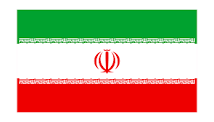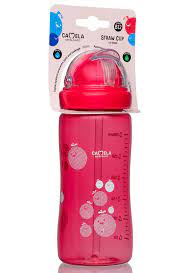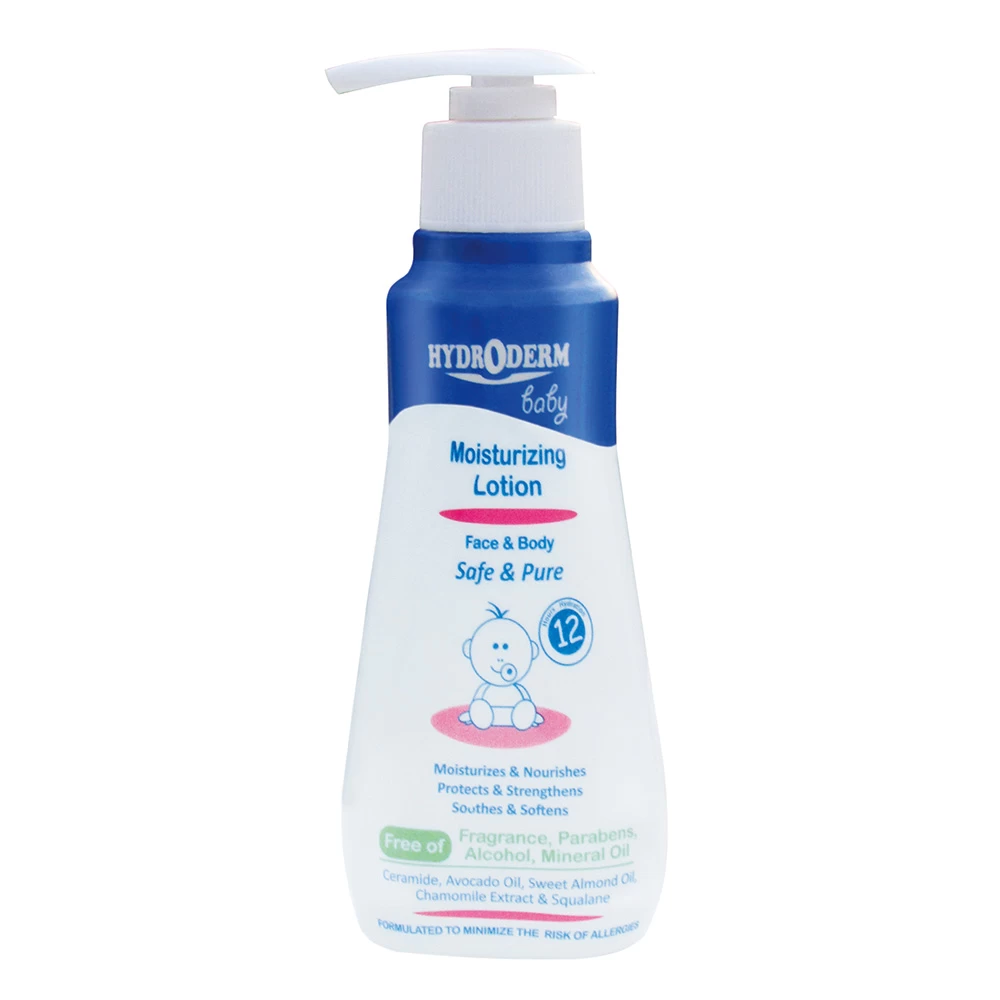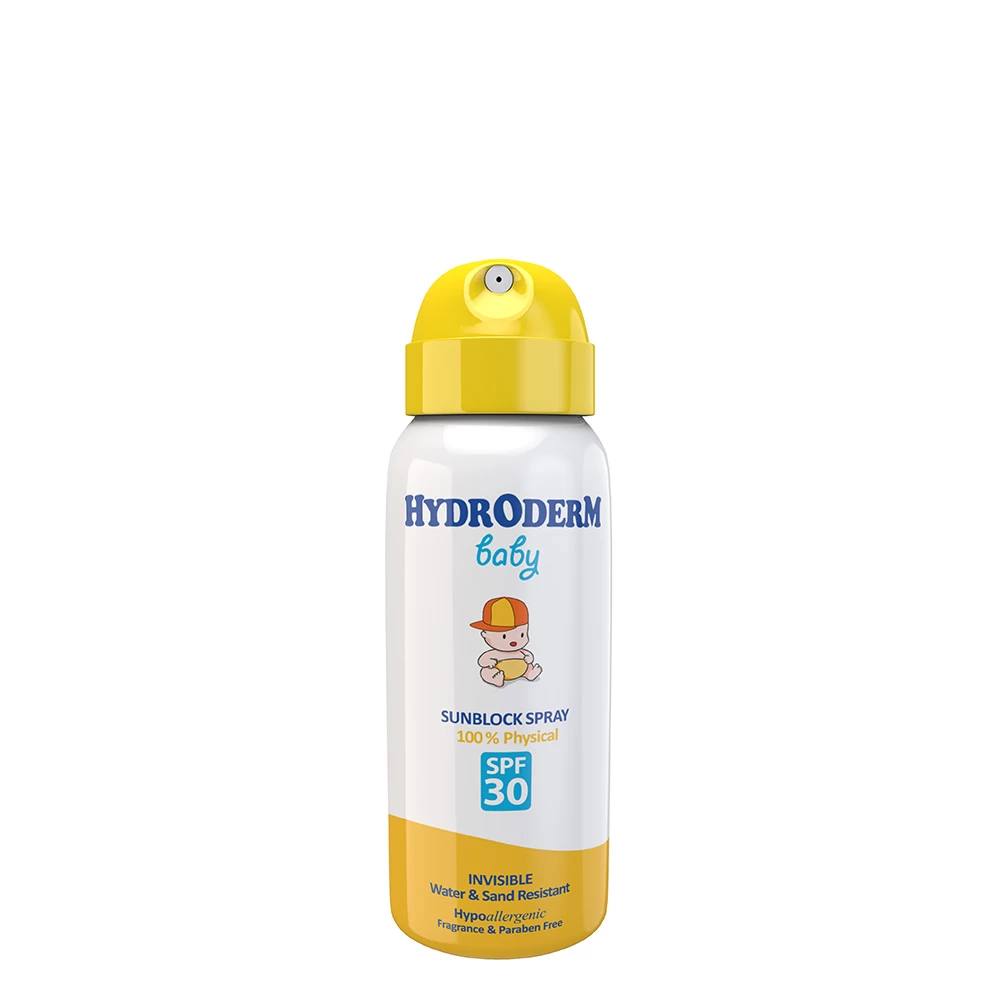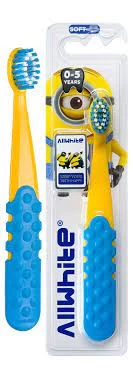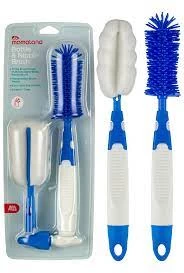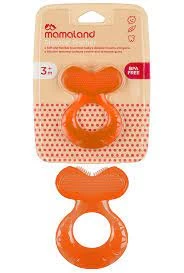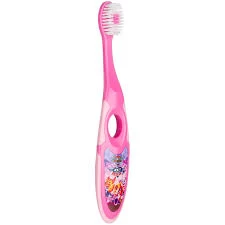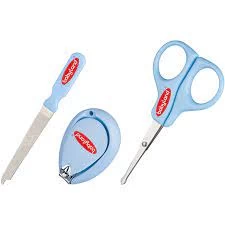Product features:
Ergonomic and anti-shock body design
Has an anti-bloat system
Anti-drip and anti-leakage
Light weight and easy portability
Accurate volume grading
Produced with completely hygienic and BPA-free materials
Suitable for use by children in school, kindergarten, etc.
Bottles are made of a variety of materials: plastic, silicone, glass, and even stainless steel. Plastic bottles are lightweight and inexpensive. Some bottles require a disposable plastic bag liner, which can be helpful for cleaning but requires purchasing bags on a regular basis.
Parents have multiple safe options when choosing water for formula mixing. The two safest options are boiled tap water that has been cooled to room temperature, or any type of bottled water. If tap water is going to be the primary water source for formula, use bottled water occasionally to reduce fluoride exposure.
The bottled water must have a sodium content of less than 20 mg per litre. This level will be clearly labelled on the bottle either listed as 'Sodium' or as 'Na' so be sure to check before buying. Evian and Volvic are two examples of brands that are suitable. This water must still be boiled before use.
The best baby bottle for newborns is NUK First Choice+ or Philips Avent Natural Response baby bottle. The perfect starter set with various-sized bottles. Best baby bottles for colic or reflux are Tommee Tippee Advanced Anti-Colic bottles, Avent Anti-Colic Bottles with Airfree, and Dr Brown's Options.
 +7929688-88-14
+7929688-88-14

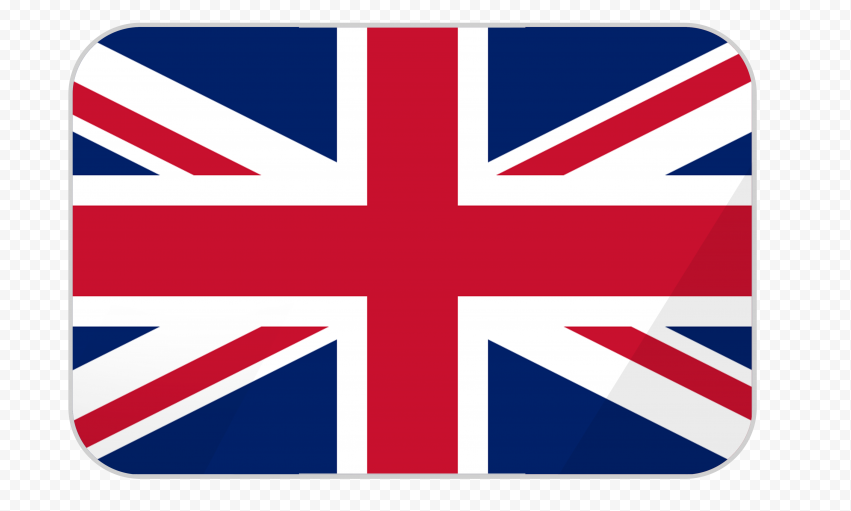 English
English
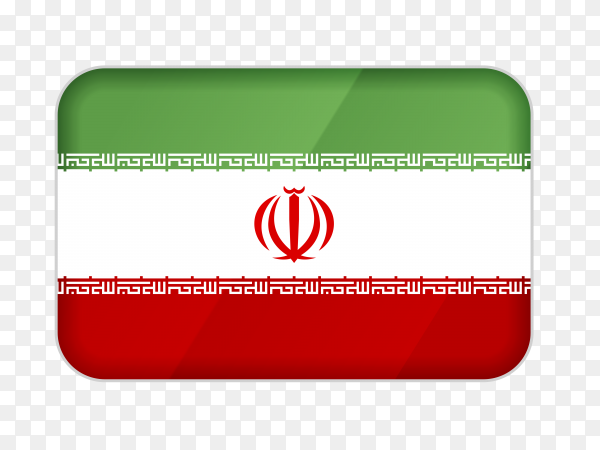 Persian
Persian
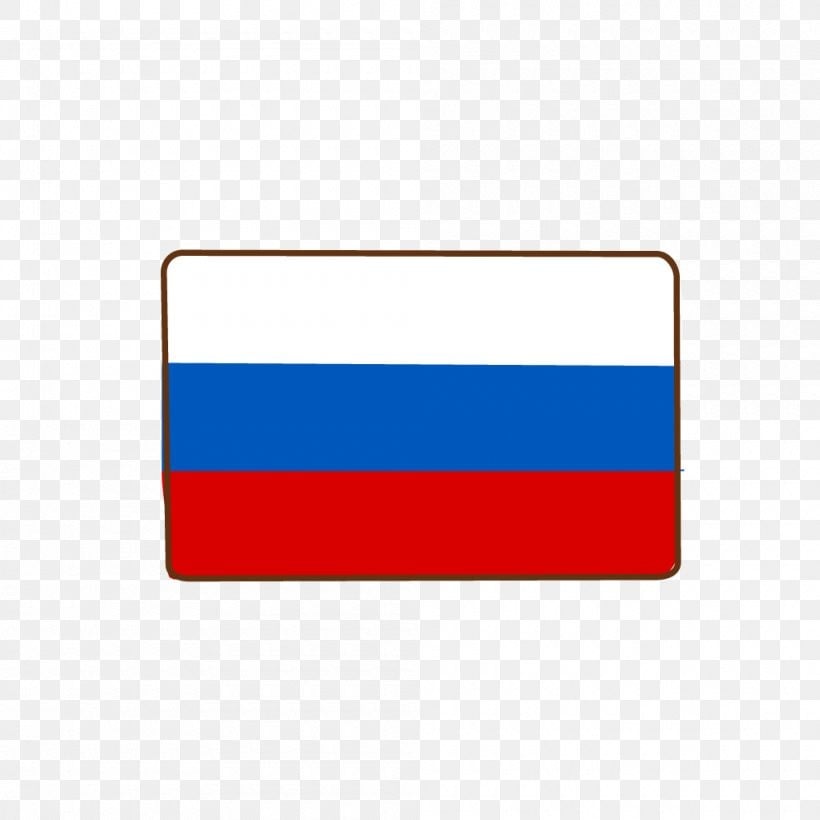 Russian
Russian
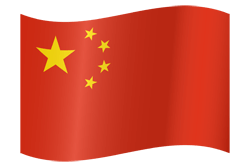 Chinese
Chinese


 +7929688-88-14
+7929688-88-14

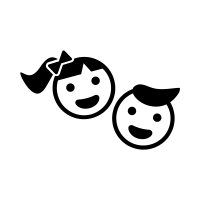 Baby care products
Baby care products
